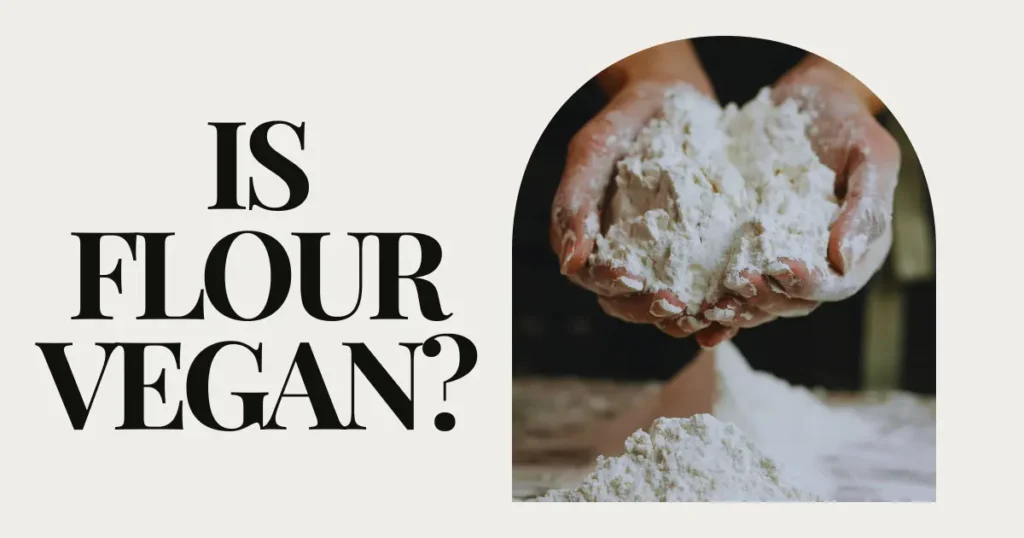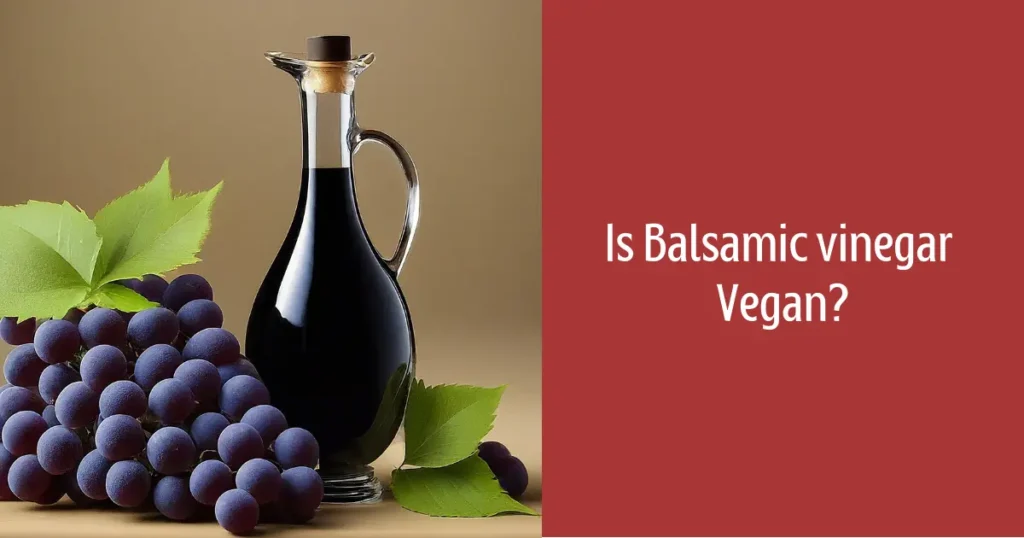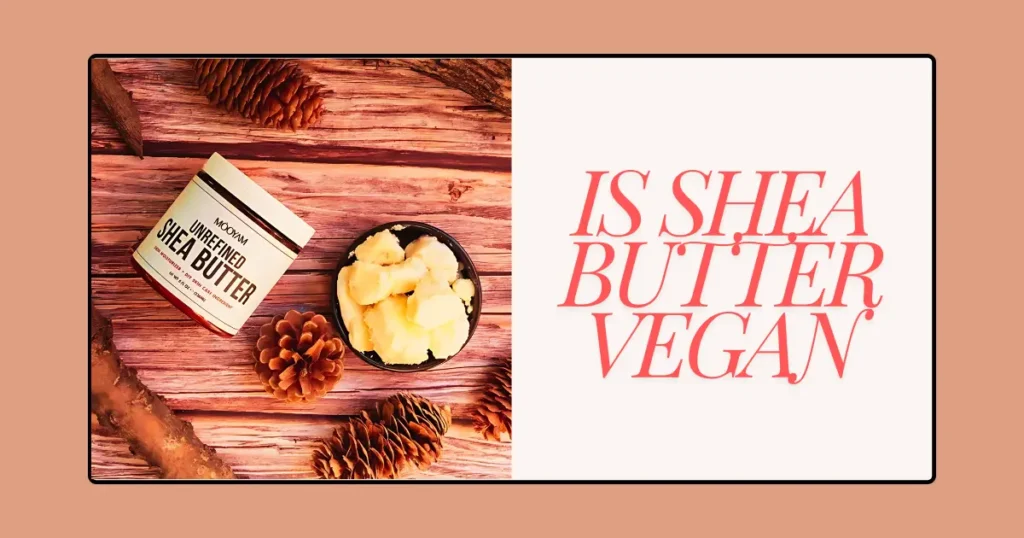Flour is a staple ingredient in kitchens worldwide, used in baking, cooking, and even as a thickening agent in soups and sauces. Flour is a staple ingredient in countless recipes, from fluffy bread to delicate pastries. But for those committed to a vegan lifestyle, even basic ingredients like flour can raise questions. Is flour vegan? While it might seem straightforward—after all, flour is just ground-up grains, right?—the reality is a bit more nuanced. Factors such as additives, processing methods, and even the type of flour used can impact whether or not it’s suitable for a vegan diet. Let’s dive into the details to uncover what makes flour vegan and what to watch out for.
Understanding Flour
Flour is typically made by grinding grains, seeds, or roots into a fine powder. The most common type of flour is wheat flour, which is a key ingredient in bread, pastries, and many other baked goods. Other popular types of flour include rice flour, almond flour, and chickpea flour. Since these are all derived from plants, they are inherently vegan.
Is Flour Vegan?
The short answer is yes, most flour is vegan. Because flour is primarily made from plants, such as wheat, rice, or almonds, it naturally aligns with a vegan diet. This includes common varieties like all-purpose flour, whole wheat flour, and specialty flour like rice or chickpea flour.
Potential Non-Vegan Additives in Flour
Certain additives in flour might not be vegan, despite the base ingredient being plant-based. Manufacturers sometimes use L-cysteine, an amino acid, to condition dough. They often derive L-cysteine from animal sources like duck feathers or pig hair, though its use in flour is quite rare today. You can identify its presence by checking the ingredient label. Another ingredient to be aware of is cricket flour, made from ground-up insects. Some specialty products, such as protein bars or alternative baking mixes, include this flour. Since cricket flour is not vegan, those on a plant-based diet should avoid it.




